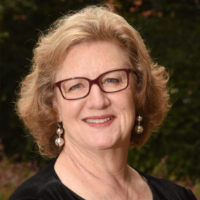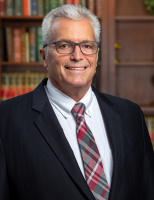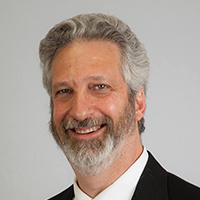Kennesaw Estate Lawyer, Georgia
Sponsored Law Firm
-
 x
x

Click For More Info:
-
Faulkner Law Offices, LLC
331 Washington Avenue Marietta, GA 30060» view mapEstate Law Plan For Your Future In Life And Business
Let Stan Faulkner, lead counsel at Faulkner Law Offices, help with your family's estate plan or business law strategy. He can streamline the entire legal process for you.
800-793-1121
Chimere Trimble
✓ VERIFIEDChimere Chisolm Trimble is an award-winning attorney and passionate leader in the Georgia legal community, known for her work throughout South Georgia... (more)
Cindy Nelson
Cindy Nelson is an Attorney and the Founder of Nelson Elder Care Law. She focuses her practice on representing seniors’ rights and interests. She... (more)
Ron Debranski
✓ VERIFIEDDebranski & Associates, LLC is a general practice law firm. We are Family Attorneys serving North Metro Atlanta in the areas of Business law, Family l... (more)
Peter Alan Gleichman
✓ VERIFIEDThere are few events in life more stressful than a divorce or more devastating than the passing of a loved one. For 30 years, I have been assisting fa... (more)
William Stanley Faulkner
✓ VERIFIEDMr. Faulkner is an experienced counselor with 19 years of experience, having held bar licenses in four states (Mo, Il, Ct and Ga). He has litigated in... (more)
Allen R. Hirons
FREE CONSULTATION
CONTACTW. Frank Ward
FREE CONSULTATION
CONTACTMelissa P. Haisten
FREE CONSULTATION
CONTACTFREE CONSULTATION
CONTACTFREE CONSULTATION
CONTACT AboutFaulkner Law
AboutFaulkner Law Practice AreasExpertise
Practice AreasExpertise





